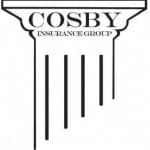With the breakneck pace at which new health information technology reports and regulations are released, the recent report from the Office of the National Coordinator for Health Information Technology (“ONC”)—on health information blocking—may have failed to hit the radar. But it should have, because of the key message it contains:
“[…] some business practices, though they may arguably advance legitimate individual economic interests, interfere with the exchange of electronic health information in ways that raise serious information blocking concerns. At some point, ONC believes that decisions to engage in such practices are unreasonable as against public policy […]”
Said more succinctly, when it comes to sharing electronic patient health information, public good should trump private gain. While it may seem like an obvious statement, it represents a tectonic shift in the narrative surrounding health information exchange (“HIE” – the electronic sharing of patient data across unaffiliated provider organizations).
For more than a decade, our federal strategy has largely left HIE to the market under the assumption that, if there is benefit to be created (and estimates suggest that there is), we should see the emergence of ways to capture that benefit. In practice, this means that HIE efforts have sprung up in various health care markets across the country, and where public money has been spent on HIE (largely at state and community levels), it has come in the form of one-time start-up funding, not a commitment of ongoing support or regulatory mandates for HIE participation.
What has been substantially underappreciated, however, is the fact that, for the key actors needed to enable HIE to occur—provider organizations and vendors—there might be more benefit, or at least more certain benefit, from not doing so. And as a result, these actors may behave in ways that interfere with the free-flow of patient information that is needed to improve health and health care.
With the release of the information blocking report, which was produced in response to a 2015 Omnibus bill request that introduced the term “information blocking,” ONC makes plain that this behavior will no longer be tolerated. This enormously exciting development means we might see real progress after decades of investment that has failed to convert into sustainable approaches to robust HIE. The key to such progress, however, lies in how well we can identify when information blocking is occurring. This will not be easy.
According to the report, if the behavior of provider organizations or vendors meets the following three criteria, they are considered to be engaging in information blocking:
- Interference. There must be “an act or course of conduct that interferes with the ability of authorized persons or entities to access, exchange, or use electronic health information.”
- Knowledge. “The decision to engage in information blocking [must be] made knowingly.”
- No Reasonable Justification. Conduct must be “objectively unreasonable in light of public policy.”
Read the full report here.
Contact Steven G. Cosby, MHSA, Group Health Insurance Broker and Agent with Cosby Insurance Group, with questions or to request more information and to schedule a healthcare plan evaluation, savings analysis or group plan solution for your company.

